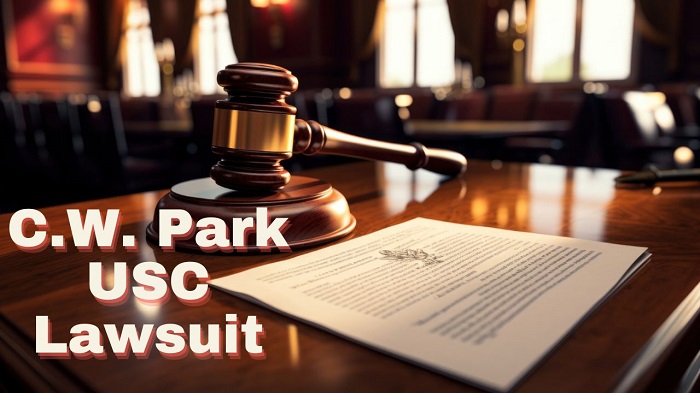The Ethical Dilemmas of Concrete Repair You Need to Know
Concrete repair plays a crucial role in maintaining the structural integrity of buildings. However, it’s not without ethical dilemmas, particularly regarding spalling concrete repair and ceiling leakage repair. These dilemmas range from the choice of materials to the contractor’s practices, all of which impact the environment and society. Let’s explore these ethical challenges and how to navigate them.
1. Using Substandard Materials
One major ethical concern in the repair industry is the use of low-quality materials to cut costs. While this may reduce expenses in the short term, it compromises the durability and safety of the repairs. A spalling concrete contractor may face pressure to lower prices, leading to the temptation of using substandard products. Choosing contractors with a commitment to high-quality materials ensures that repairs last longer and meet safety standards.
2. Environmental Impact of Repairs
Concrete repair has significant environmental implications. The production of cement, a key component in spalling concrete repair, contributes to greenhouse gas emissions. Contractors may overlook sustainable practices in favour of faster, cheaper solutions. Opting for environmentally conscious practices, such as recycling materials and using eco-friendly products, helps mitigate these impacts and promotes sustainable repair solutions.
3. Transparency in Pricing
Lack of transparency in pricing is another ethical issue that clients encounter. Some contractors inflate costs or fail to disclose hidden fees, leading to mistrust. For example, a ceiling leakage repair job might include unexpected charges for additional work. Clear and upfront communication about pricing fosters trust and ensures clients understand the scope and cost of repairs.
4. Proper Waste Disposal
Concrete repair generates significant waste, including broken concrete, old materials, and packaging. Improper disposal of this waste can harm the environment and violate local regulations. Ethical contractors prioritise responsible waste management, ensuring all debris is disposed of or recycled in compliance with laws. Verifying a contractor’s waste disposal practices is essential for reducing environmental harm.
5. Safety Concerns for Workers
Worker safety is a critical ethical consideration in construction and repair work. Contractors must ensure that employees have proper training and equipment to handle spalling concrete repairs and ceiling leakage repairs safely. Cutting corners on safety measures to save time or money endangers workers’ health and lives. Engaging contractors with a reputation for prioritising safety demonstrates respect for workers and their well-being.
6. Neglecting Structural Assessments
Some contractors skip thorough structural assessments before commencing repairs. This practice saves time but can lead to incomplete or ineffective solutions. A spalling concrete contractor who fails to evaluate the root cause of the problem risks providing temporary fixes that require repeated repairs. Comprehensive assessments ensure that underlying issues are addressed, delivering durable and ethical repair outcomes.
7. Balancing Cost with Quality
Clients seeking affordable solutions may pressure contractors to lower costs, inadvertently encouraging subpar work. Balancing cost and quality is a challenge for both parties. Ethical contractors educate clients on the long-term benefits of quality repairs, highlighting how they prevent recurring issues and save money over time. This approach fosters informed decision-making and prioritises ethical practices.
8. Accountability and Certifications
Not all contractors operate with proper certifications and accountability measures. Hiring uncertified professionals for spalling concrete repair or ceiling leakage repair increases the risk of poor workmanship and legal complications. Certified contractors adhere to industry standards and ethical guidelines, providing clients with confidence in the quality of their work. Always verify a contractor’s credentials and experience before proceeding with repairs.
Conclusion
The ethical dilemmas surrounding concrete repair are multifaceted, impacting safety, sustainability, and trust. By being aware of these challenges, clients can make informed choices that prioritise long-lasting solutions and ethical practices. Whether it’s selecting a spalling concrete contractor or addressing ceiling leakage repair, partnering with professionals committed to transparency and sustainability ensures peace of mind.
Need reliable and ethical repair services? Contact General Waterproofing & Service for professional solutions tailored to your needs.





